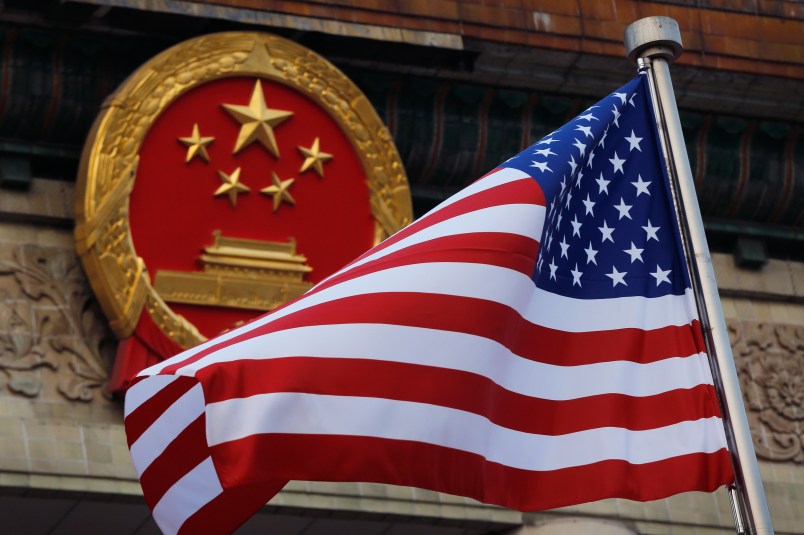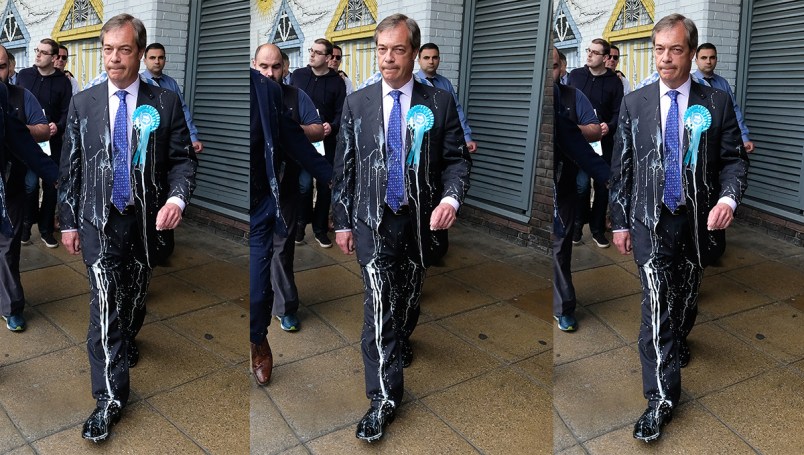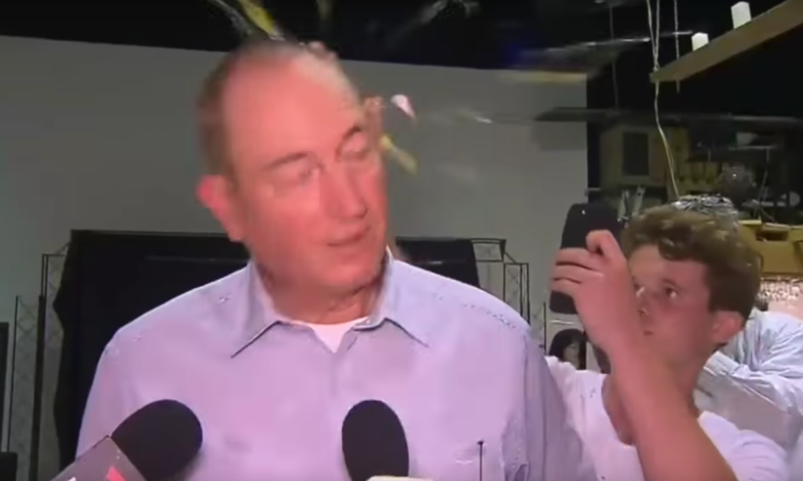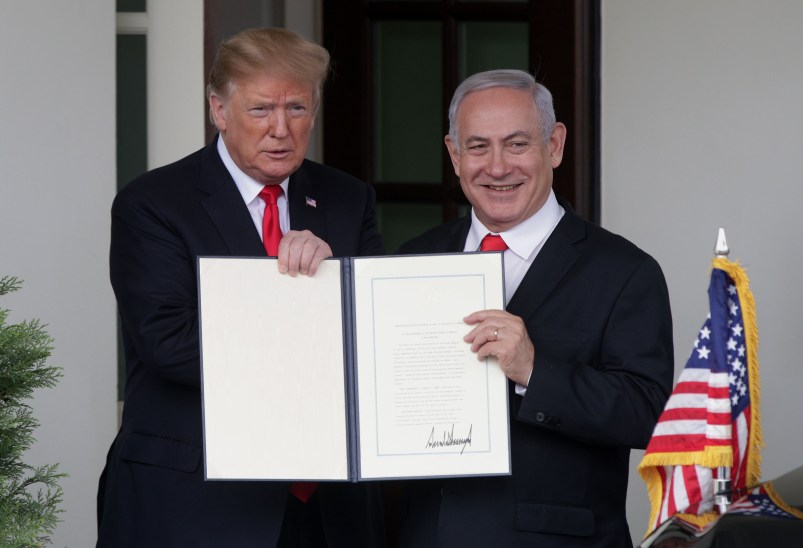WASHINGTON (AP) — The Trump administration plans to shorten the length of validity for some visas issued to Chinese citizens, the State Department said Tuesday, as President Donald Trump works to counter alleged theft of U.S. intellectual property by Beijing.
The changes begin June 11. The State Department said that under the new policy, U.S. consular officers may limit how long visas are valid, rather than the usual practice of issuing them for the maximum possible length.
The State Department did not provide specifics. But a U.S. official said that according to instructions sent to U.S. embassies and consulates, Chinese graduate students will be limited to one-year visas if they are studying in fields like robotics, aviation and high-tech manufacturing. China identified those areas as priorities in its “Made in China” 2025 manufacturing plan.
The instructions also say that Chinese citizens seeking visas will need special clearance from multiple U.S. agencies if they work as researchers or managers for companies on a U.S. Commerce Department list of entities requiring higher scrutiny. Those clearances are expected to take months for each visa application, the official said. The official wasn’t authorized to comment publicly and requested anonymity.
The application process itself won’t change, the State Department said.
The changes come as Trump seeks to crack down on China’s trade practices, especially those related to cutting-edge industries that Beijing wants to dominate. On Tuesday, Trump renewed his threat to place 25 percent tariffs on $50 billion of Chinese goods, in retaliation for what his administration says are China’s unfair trade practices.
The changes were foreshadowed in Trump’s national security strategy issued in December. That document said the U.S. would review and tighten visa procedures “to reduce economic theft by non-traditional intelligence collectors.” It specifically mentioned possible restrictions on visas for foreign students studying science, technology, engineering and mathematics.






